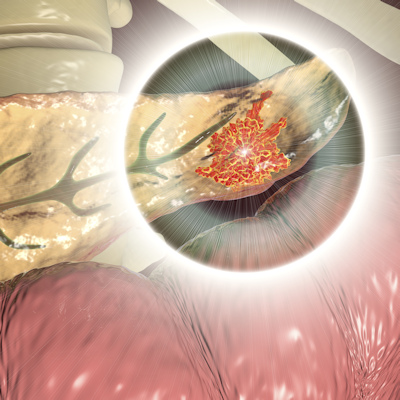 Preclinical KRAS inhibitor triggers complete responses in pancreatic tumors
Preclinical KRAS inhibitor triggers complete responses in pancreatic tumors
A small molecule KRASG12D inhibitor has triggered complete responses in preclinical pancreatic cancer models, raising hopes that the approach can improve outcomes in the hard-to-treat tumor type. Read More
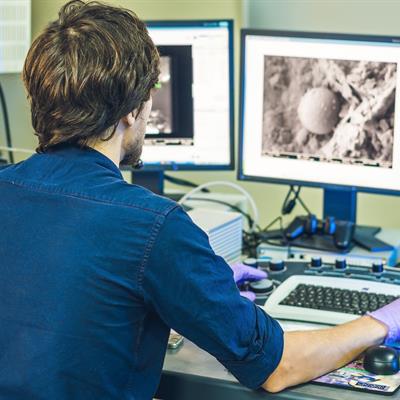 Cryo-EM reveals 3D structure of inflammasomes implicated in multiple diseases
Cryo-EM reveals 3D structure of inflammasomes implicated in multiple diseases
Using cryo-electron microscopy (cryo-EM), researchers from Harvard Medical School and Peking University have generated 3D images of the inflammasome in its active state for the first time, enabling scientists to view a structure linked to multiple diseases in near-atomic resolution. Read More
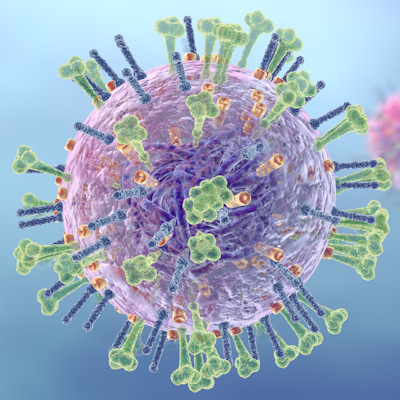 Multivalent mRNA vaccine protects animals against variety of influenza strains
Multivalent mRNA vaccine protects animals against variety of influenza strains
A multivalent mRNA vaccine has protected animals against a variety of influenza strains, suggesting the candidate could play a role in mitigating the threat of seasonal and pandemic flu. Read More
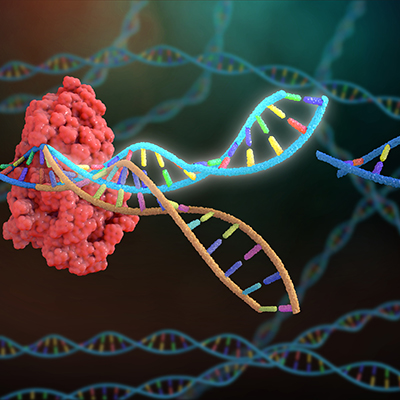 CRISPR-Cas9 gene editing links RNA-binding protein to immunotherapy resistance
CRISPR-Cas9 gene editing links RNA-binding protein to immunotherapy resistance
Using CRISPR-Cas9 gene editing, Swiss researchers have provided evidence that expression of an RNA-binding protein helps tumors to evade the immune system. Read More
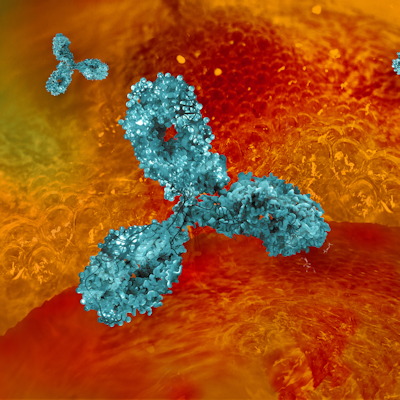 Immunosuppressive pathway offers explanation for failure of TIGIT clinical trials
Immunosuppressive pathway offers explanation for failure of TIGIT clinical trials
Albert Einstein College of Medicine scientists in a new analysis of the immunosuppressive KIR2DL5/PVR pathway provide a potential explanation for why anti-TIGIT therapies have failed in clinical trials. Read More
 Fentanyl vaccine stops opioid entering the brain in rats, clearing path to human studies
Fentanyl vaccine stops opioid entering the brain in rats, clearing path to human studies
A fentanyl vaccine has generated antibodies against the potent synthetic opioid in rats, pointing to a way to address opioid use disorder in humans. Read More
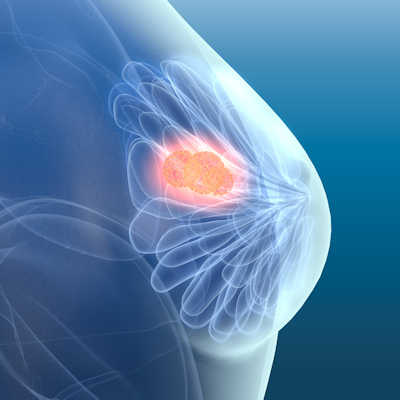 DNA barcoding shows how breast cancer cells evade the immune system
DNA barcoding shows how breast cancer cells evade the immune system
Using DNA barcodes, scientists at Australia’s Garvan Institute of Medical Research have revealed how cancer cells can evade the immune system and render immunotherapies ineffective. Read More
 Discovery of immune cell functionality could improve vaccine design
Discovery of immune cell functionality could improve vaccine design
Using specially bred mice, Rutgers University researchers have differentiated the functions of two types of immune cells -- known as tissue-resident memory T cells -- that protect against infection and cancer, with the potential to improve vaccine efficacy as well as combat autoimmune diseases. Read More
 Genetic timestamping model reveals lifespan of cells behind vaccine-induced immunity
Genetic timestamping model reveals lifespan of cells behind vaccine-induced immunity
A genetic timestamping mouse model has shown the rate at which antibody-producing cells accumulate and disappear after vaccination, which could ultimately allow researchers to be able to increase the longevity of immunity from vaccines. Read More
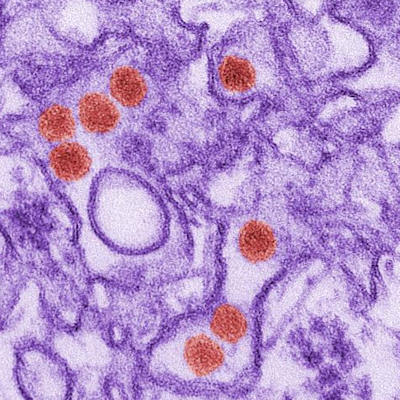 Genomics profiling reveals how Zika infects immune cells, suggests antiviral target
Genomics profiling reveals how Zika infects immune cells, suggests antiviral target
A genomics profiling method has revealed how the Zika virus infects human dendritic cells, pointing to a potential target for therapeutic suppression of the pathogen. Read More
Conferences
Science Briefs
Member Rewards
Earn points for contributing to market research. Redeem your points for merchandise, travel, or even to help your favorite charity.
Research Topics
Interact with an engaged, global community of your peers who come together to discuss their work and opportunities.
Connect
Tweets by @ScienceBoard






